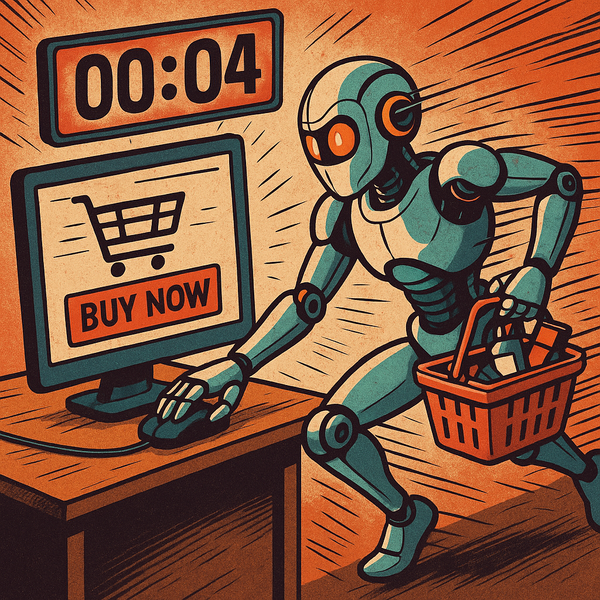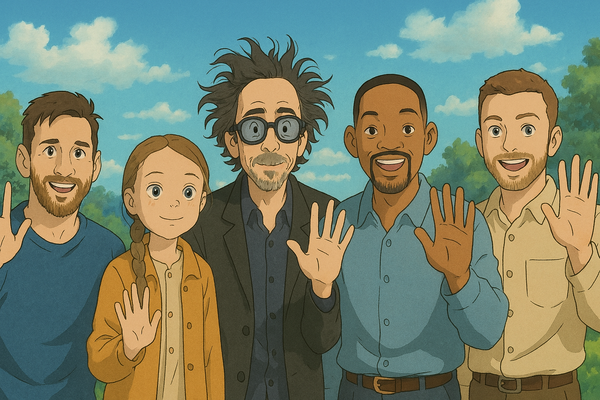The Future of Work: How Automation and AI Are Changing the Landscape

The future of work is rapidly changing, with advancements in automation and artificial intelligence (AI) transforming the way we live, work, and interact. As machines become more intelligent and capable, many jobs are at risk of being replaced by technology. In this article, we will explore the impact of automation and AI on the job market and the potential consequences for workers and society as a whole.
Job displacement: As machines become more advanced, they are taking over tasks that were previously done by humans. This could lead to significant job displacement, particularly in industries where repetitive tasks are common.
New job opportunities: While automation may replace some jobs, it also creates new ones. For example, there is a growing need for professionals who can work with AI systems and develop new applications.
Skills gap: As the job market evolves, there is a risk of a skills gap where workers are not equipped with the skills needed for the jobs of the future. This could lead to
unemployment and underutilization of human potential.
Ethical considerations: With AI taking over more tasks, there are ethical concerns around how it will be used and the potential consequences for society. For example, will AI systems be biased or discriminatory?
The future of work is uncertain, but one thing is clear: automation and AI are changing the landscape of employment. While there are potential benefits to these technologies, such as increased productivity and new job opportunities, there are also risks that must be carefully managed. By understanding the impact of these technologies on the job market and taking steps to address the challenges they present, we can ensure a more equitable and sustainable future for all.




